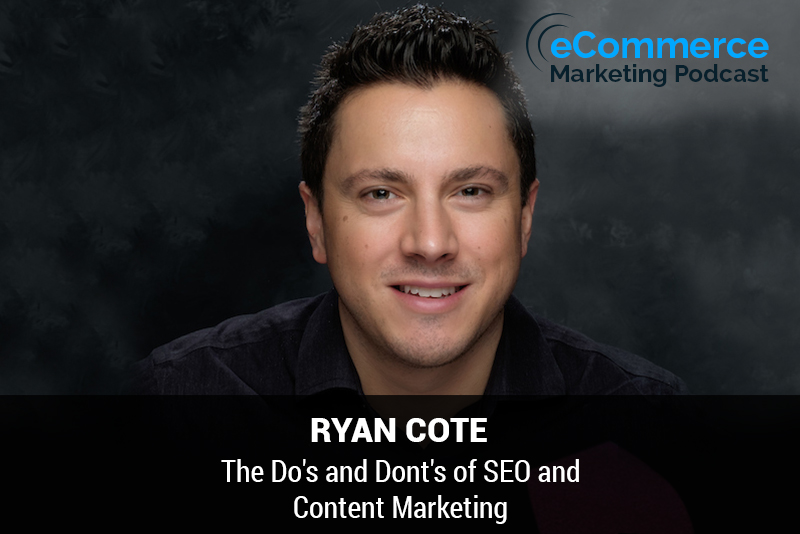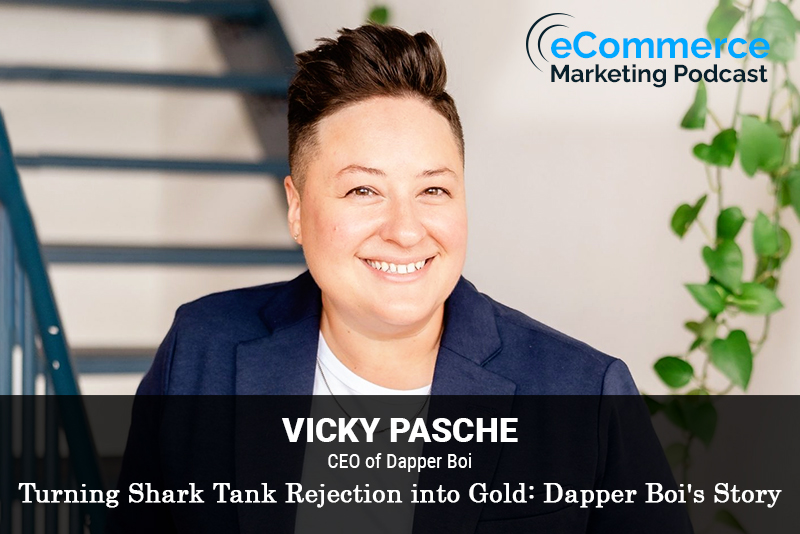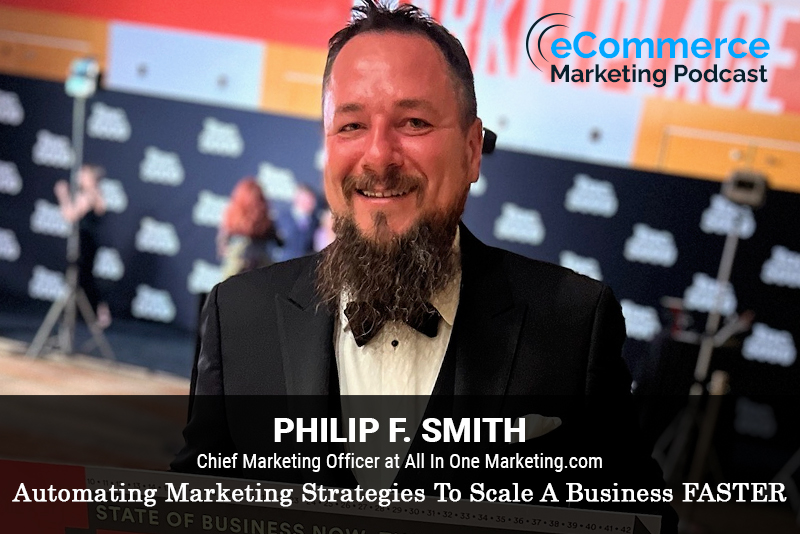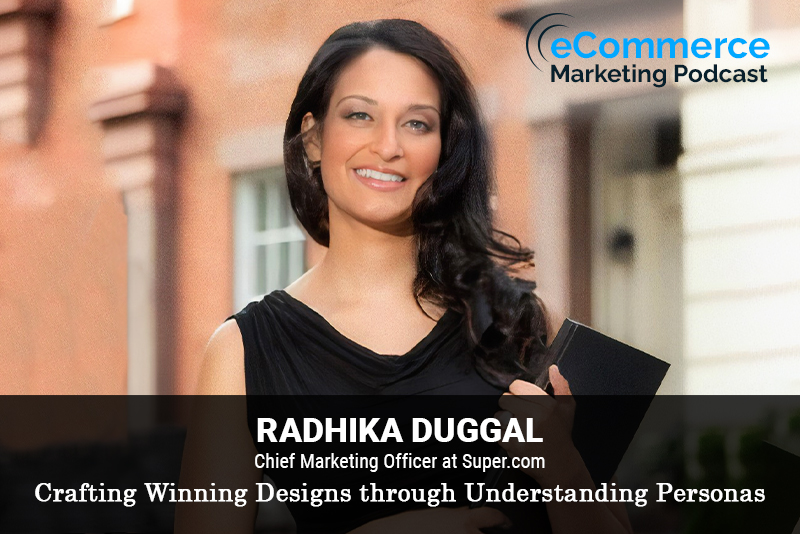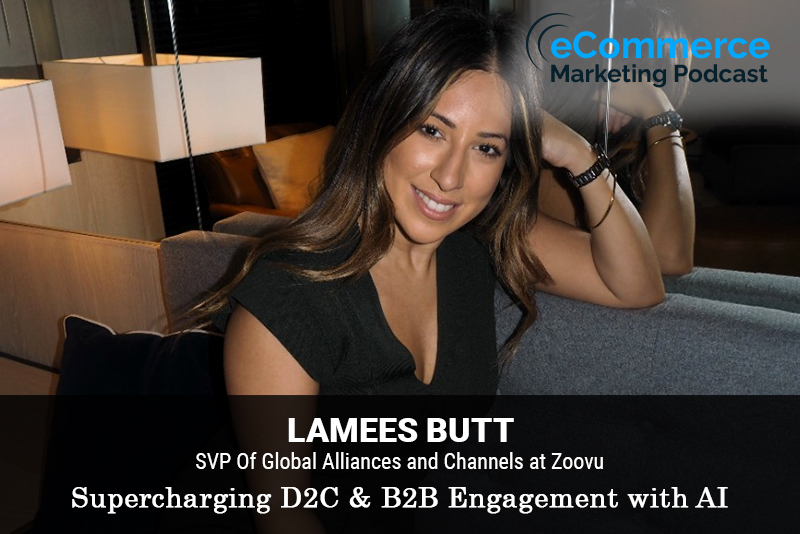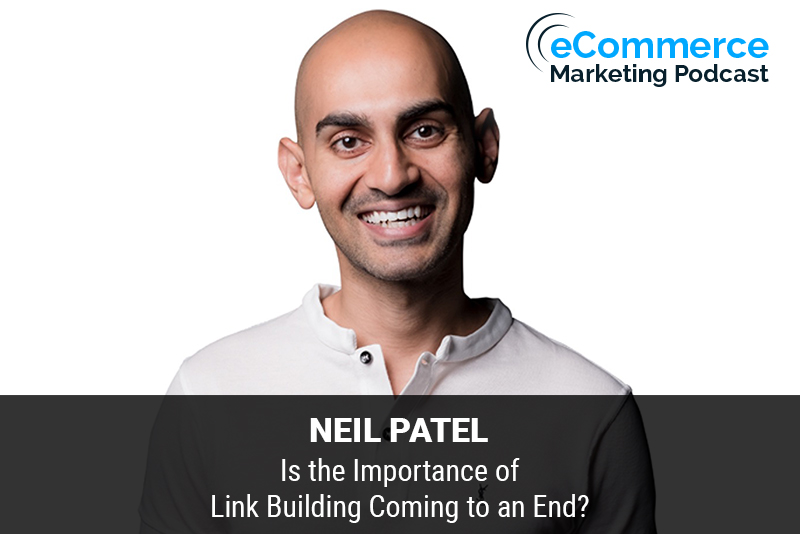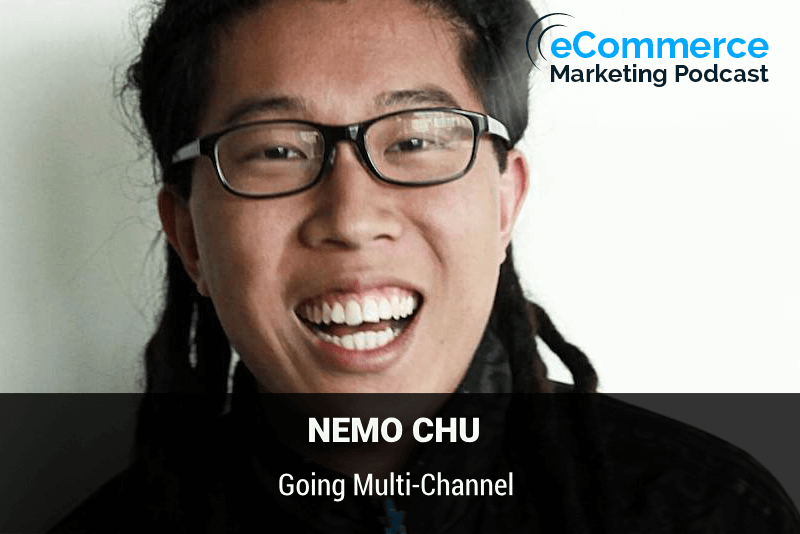
The eCommerce Marketing Podcast walks you through everything that goes into ecommerce marketing — from inbound marketing to paid advertising to conversions. Learn the strategies top marketing experts use to grow their businesses.
Marketing Strategies Revealed in this Episode:
- How has Search Engine Optimization changed from 2003
- Valuable SEO lessons learned while doing client projects
- The biggest SEO mistakes that ecommerce businesses make
- Transitioning from traditional advertising to digital marketing
- Improve your day to day performance with personal development

Episode Title: Navigating the Evolution of SEO: Insights and Lessons from Ryan Cote
Guest: Ryan Cote, Director of Digital Services and Partner at Ballantine
In this episode of the eCommerce Marketing Podcast, host Arlen Robinson interviews Ryan Cote, Director of Digital Services and Partner at Ballantine, a third-generation family-owned direct mail and digital marketing company. Ryan shares insights from his extensive experience in SEO and digital marketing, discussing the evolution of SEO practices, valuable lessons learned from working with various clients, and common mistakes eCommerce businesses make. He also emphasizes the importance of personal development in maintaining high performance.
Key Takeaways:
- Introduction to Ryan Cote and Ballantine (00:00:50):
- Overview of Ballantine’s history and Ryan’s role in the company.
- Transition from traditional print marketing to digital services.
- SEO in 2003 vs. Today (00:04:20):
- Simplicity of early SEO practices focused on link building.
- Evolution to include on-page optimization, technical SEO, and content quality.
- Valuable Lessons in SEO and Digital Marketing (00:10:00):
- Importance of continuous learning and experimentation.
- Strategies like updating old blog posts with fresh content for better SEO performance.
- Case Study: Custom Iron Door Manufacturer (00:14:30):
- Transformation of a website with no SEO into a high-ranking, lead-generating site.
- Importance of technical improvements, content development, and link building.
- Common SEO Mistakes in eCommerce (00:19:20):
- Issues with thin and duplicate content on product pages.
- Necessity of unique, detailed content for each product to improve search rankings.
- Transitioning from Traditional to Digital Marketing (00:25:00):
- Slow and steady growth strategy for building a digital division within a traditional agency.
- Importance of evolving services and improving systems over time.
- Personal Development for Professional Success (00:32:00):
- Ryan’s focus on personal development, including a morning routine, meditation, and continuous learning.
- Advice on embracing discomfort to grow and improve.
Guest Information:
- Name: Ryan Cote
- Position: Director of Digital Services and Partner at Ballantine
- Contact:
- LinkedIn: Ryan Cote
- Website: Ballantine

